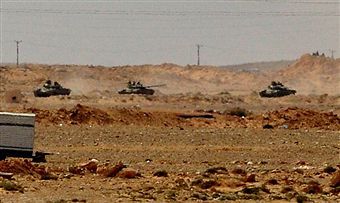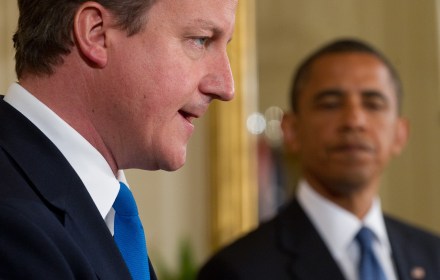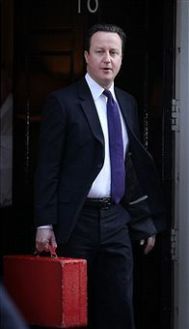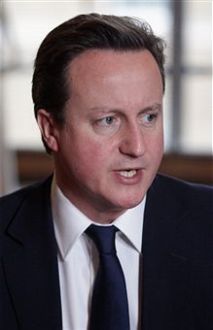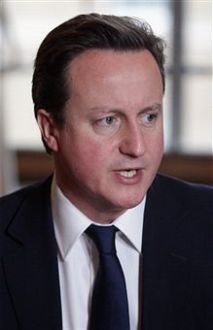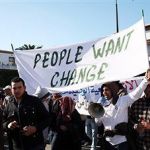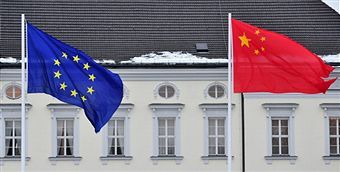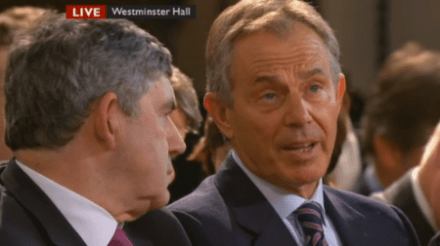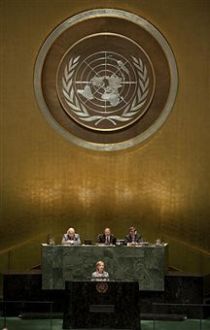Zelikow’s case for a no-drive zone
Philip Zelikow, who served on the 9/11 Commission and in both Bush administrations, has a persuasive piece in today’s FT arguing that a no drive zone on the highway from Tripoli to eastern Libya could be as effective as a no fly zone and easier to implement. He says that it could be enforced from off-shore with the use of precision weapons. Legally, there would be issue with this scheme—as there would be with any intervention in Libya that is not based on a full Security Council resolution under chapter 7. But there simply will not be enough time now to get full UN authorization before Gaddafi has reasserted full




